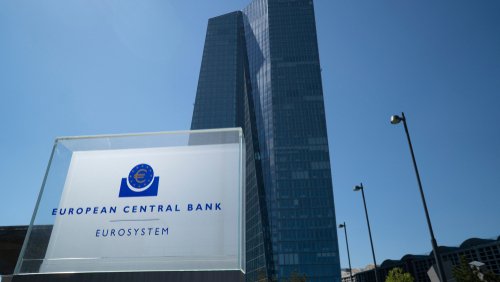Brussels (Brussels Morning) European Central Bank (ECB) head Christine Lagarde has predicted that inflation in the eurozone will ease gradually this year.
She noted that inflationary pressures including soaring energy prices and supply chain disruptions are expected to subside “in the course of 2022”, Reuters reports. Commenting on calls to implement policies aimed at reining in inflation, Lagarde stated that the ECB does not have to take decisive action like the US Federal Reserve System (Fed) because the economic situations in the US and the eurozone are not the same.
“The cycle of the economic recovery in the US is ahead of that in Europe”, she contended and “we thus have every reason not to act as rapidly and as brutally that one can imagine the Fed would do.”
Lagarde said the ECB is keeping a close eye on developments and that it is prepared to take action should the situation require it.
Commenting on the growth of eurozone bond yields as the yield on German ten-year bonds exceeded 0% after two years of negativity, she claimed that if yields rise again, “this means that the fundamentals of the economy are improving.”
Fed intervention expected
Economists taking part in a Reuters poll today predicted that the Fed would up interest rates three times this year, much faster than expected in December, in order to bring soaring inflation under control.
According to median forecasts, the Fed will start raising interest rates in March to reach 1% by the end of the year. Forty of 86 analysts polled predicted that the Fed would resort to interest rate hikes at least four times in the course of this year.
BMO Capital Markets investment bank’s senior economist Robert Kavcic pointed out that “it’s almost as if, all at once, the Fed has realised that policy has been left too accommodative for too long.” He declared that it was to their credit if indeed they had “realised a mistake”, that they’re going to fix it – “and fix it fast.”
The Fed’s main inflation indicator, the personal consumption expenditures price index, reached 4.7% in November last year, the highest level since 1989. It is expected to reach 4.9% by the end of Q1 this year.
Inflation measured by the consumer price index has reached 7%, the highest level in the last four decades.




